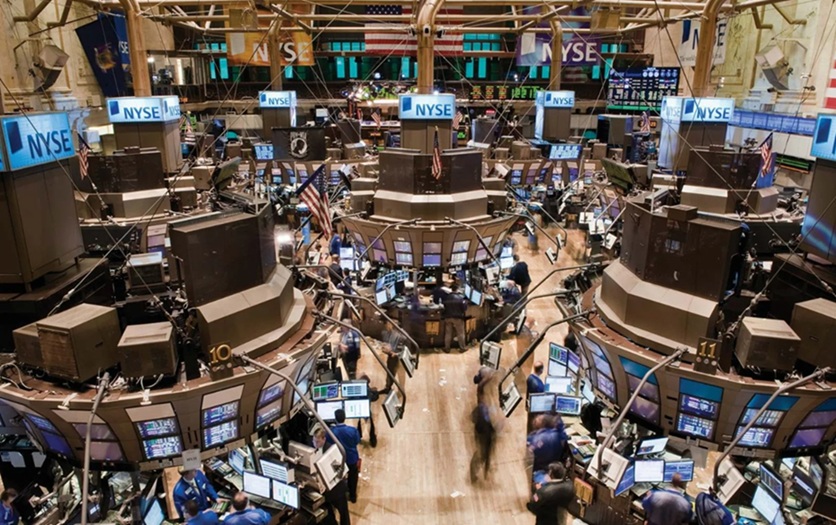Markets faced a rocky start to February, reacting swiftly to the latest tariff announcements from President Donald Trump. Despite the sharp declines, some investors view this volatility as a temporary adjustment rather than a sign of long-term economic distress. The Dow Jones Industrial Average dipped 613 points, or 1.4%, while the S&P 500 and Nasdaq Composite fell 1.6% and 1.9% respectively. These shifts reflect immediate market sentiment, though history shows that such fluctuations often stabilize as investors digest new policy landscapes.
Global markets echoed these reactions, with Europe’s DAX dropping 1.7%, highlighting the interconnected nature of today’s economies. Meanwhile, Bitcoin slid to around $95,000 from over $102,000, and Ether dropped 12%, signaling a cautious approach among crypto investors. Interestingly, the U.S. Dollar Index rose 0.8%, suggesting confidence in the dollar amid global uncertainty. In contrast, WTI crude oil prices climbed 1%, fueled by concerns over potential supply chain disruptions linked to the new tariffs.
The new tariffs include a 25% levy on Mexican and Canadian goods and a 10% tariff on Chinese imports. Canada’s retaliatory measures and Mexico’s consideration of reciprocal tariffs underscore the dynamic nature of international trade negotiations. However, many analysts believe these moves are strategic bargaining tools. “While the direct impact on U.S. growth from the announced tariffs is still quite modest, the risk is that these policy shifts amplify concerns about future trade policy risks,” noted Goldman’s Dominic Wilson, hinting that the long-term economic impact remains uncertain.
Despite the market sell-off, there’s cautious optimism. Some experts suggest that these tariffs are part of a broader negotiation strategy, with potential resolutions that could ease current tensions. Thierry Wizman from Macquarie commented, “We still think that permanent tariffs on the U.S.’s allies will not be a thing.” As markets await key earnings reports from major companies like Alphabet, Amazon, and Walt Disney, along with the upcoming nonfarm payrolls report, investors remain watchful yet hopeful for signs of resilience and recovery.









